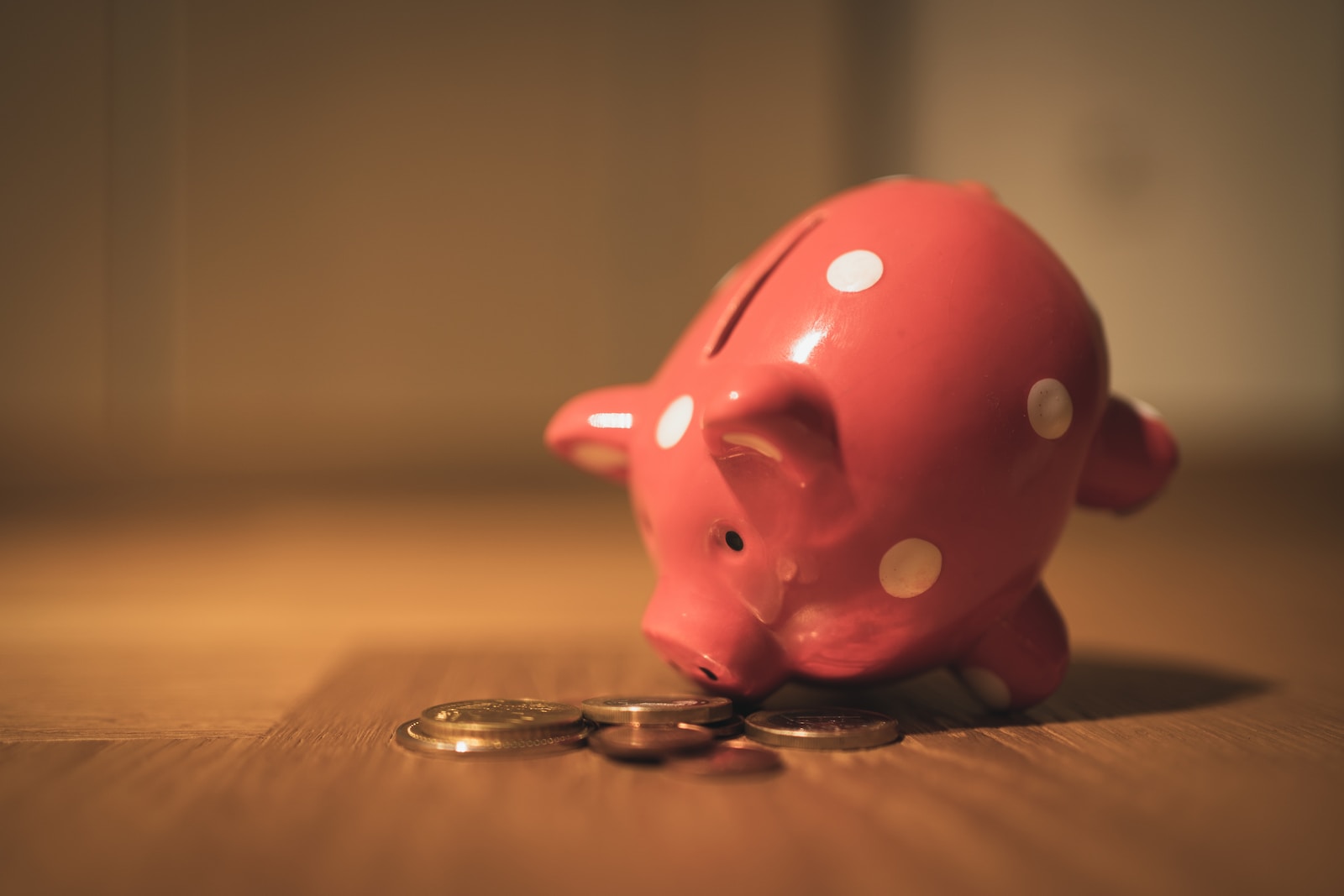New research published by YouGov has revealed one in eight Britons have resulted to paying for private healthcare services amid frustration with the current NHS delays.
A study, which was published yesterday by YouGov, has exposed that if people in Britain can afford to pay for private healthcare they are making the switch from relying on the NHS.
However, the survey found an additional 27% of people had considered going private for themselves or for a loved one but couldn’t because they couldn’t afford it.
Following the reports publication, NHS campaigners said they feared that the findings show that it is becoming a ‘two-tier’ health service and blamed underfunding and staff shortages for leaving it unable to provide timely care.
Dr John Puntis, Co-Chair of the campaign group Keep Our NHS Public, said: ‘Worsening NHS services related directly to a lack of planning, workforce shortages and underinvestment inevitably force patients to seek care faster from the private sector.
‘This option is available to those who can afford to pay, but excludes the vast majority of the population as over a third of people in the UK have less than £1,000 in cash to cover unexpected expenses, thereby increasing health inequalities.’
Sampling 1,164 Britons, the YouGov survey found:
- 33% of those who had used private healthcare instead of the NHS had done so for the first time
- 53% went private so they could be seen quicker
- 48% paid for non-urgent care, such as a diagnostic test or operation
The body that represents private health firms, the Independent Healthcare Provider Network (IHPN), said that YouGov’s findings may show that, with NHS delays so common, use of services run by such providers is becoming normalised.
David Hare, Chief Executive of IHPN, said: ‘People feel the independent sector can help them, and we could be seeing the beginning of a significant behavioural shift with people feeling it’s perfectly normal and sensible to use private healthcare when they need it, in addition to, or separate from, their NHS care.’
The average £500 spend ‘demonstrates that private healthcare is an option for smaller procedures, consultations, scans or diagnostics, so it’s not just about significant surgical operations – and may be more affordable than people assume’, Hare added.
Image: Andre Taissin













